Introduction Of Top Health Technologies That Are Changing The World
Top Health Technologies That Are Changing The World. Health technologies are quickly becoming one of the most important aspects of our lives. Daily life is becoming increasingly digital, and technology has played a major role in helping us stay healthy and connected. From fitness trackers to artificial intelligence, this list highlights some of the most popular health technologies currently available. Read on to learn about the benefits and drawbacks of these tools, and decide which ones might be right for you.
MRI
Looking at the latest health technologies, one might think that MRI is no longer necessary. However, MRI is still one of the most effective technologies for diagnosing and treating medical conditions. Here are three reasons why MRI is still a top health technology.
1. MRI can provide detailed images of the body that can help doctors determine the extent of injuries and abnormalities. This information can be used to create a comprehensive treatment plan.
2. MRI is non-invasive, meaning that it does not require any surgery or anaesthesia. This makes it an ideal choice for patients who are uncomfortable with other types of medical procedures.
3. Because MRI is so effective, it is often the first choice for diagnosing certain medical conditions. If you are looking for a technology that will provide you with accurate results, then MRI should be your top pick
CT Scan
CT Scan is a type of X-ray that uses a computer to create detailed images of the body. It can be used to see inside the chest, spine, and other parts of the body. CT scans are usually painless, but they can sometimes produce a faint image or noise. CT scans are more accurate than regular X-rays and they can be used to see details that regular X-rays cannot see.
Artificial Intelligence
Artificial intelligence (AI) technology is rapidly evolving, with recent advances in deep learning that allow machines to learn like humans. As AI becomes more sophisticated, it could play an important role in the health sector, including helping doctors and nurses make better decisions, predicting patient outcomes and more accurately diagnosing diseases.
There are several potential applications for AI in healthcare, including improving diagnosis and treatment processes, automating decision-making and enhancing care coordination. You Can Also Read The Top Best Technology Stacks.
In the medical field, AI has been used to help identify abnormalities on CT scans and X-rays. The software can distinguish between tumours and normal tissue, providing doctors with a more accurate diagnosis. AI has also been used to improve cancer treatment plans by identifying which drugs will work best for a specific patient. By understanding how individual patients’ bodies react to different drugs, doctors can more effectively treat them.
AI is also being used to predict patient outcomes. For example, Proxima Health uses machine learning algorithms to assess heart health risks for people who have already had a heart attack or stroke. The system can detect changes in blood pressure or cholesterol levels that might indicate a future health threat. By predicting which patients are at risk of serious complications, Proxima Health can help them take preventive measures before they become serious problems.
AI has also been used to enhance care coordination. For example, IBM’s Watson Health uses natural language processing (NLP) capabilities to understand doctor instructions and diagnoses across multiple systems—
Virtual Reality
Virtual Reality has been used in a wide range of industries, including gaming, film and television, architecture and engineering, education, therapy and training. Virtual reality can create an immersive experience that allows the user to become part of an artificial environment. This technology can be used to treat a variety of medical conditions by providing a sense of immersion and dimensionality that can help patients feel more connected to their surroundings.
5G Technology
Some of the latest health technologies that are available to consumers include wearables such as Fitbit, activity trackers such as Jawbone UP and Nike+, and smartwatches like the Apple Watch. There are also new dietary supplements on the market that promise to improve various aspects of health, such as turmeric for joint pain, omega-3 fatty acids for heart health, and chromium picolinate for diabetes prevention.
Other technologies that have been gaining in popularity recently include virtual reality (VR) headsets, which allow users to experience different environments or scenarios without actually being in them. This technology has been used for gaming purposes but is now being explored for other applications including training for medical procedures or treating PTSD.
Another emerging technology is blockchain, which is a distributed database that allows individuals to share data without having to rely on a central authority. This could be useful in the healthcare industry because it could reduce the amount of time required to collect and process data.
Genetic Testing
There are numerous genetic testing options available today that can help diagnose conditions and recommend treatments. Some of the most common tests include:
1. Cytogenetic testing is used to determine the type of cell in a sample, which can help diagnose cancers.
2. Gene expression testing is used to screen for abnormalities or cancerous changes in gene expression.
3. Polymorphism analysis is used to detect variations in DNA sequences that may be associated with disease risk.
4. Methylation testing uses DNA methylation as a tool for disease detection and diagnosis.
3D Printing
D printing is a process that uses 3D printing technology to create physical objects from digital models. Objects can be created from plastic, metal, or other materials. D printing has many potential applications, including creating parts for medical devices and manufacturing products on demand.
Artificial Intelligence
Artificial intelligence has been around for quite some time and it continues to evolve. It is a field of study that uses computer programs to approximate human intelligence. Some experts believe that artificial intelligence could eventually lead to the development of intelligent machines or even computers that can think for themselves.
There are many applications for artificial intelligence, including in healthcare. For example, doctors can use AI to help their diagnose health conditions more accurately. AI can also help nurses plan care for patients, and it can assist in recommending treatments. In addition, AI can help researchers develop new drugs and treatments.
There are also potential benefits for patients using AI-enabled technologies. For example, AI can help people manage their health information more effectively. In addition, AI can assist with activities such as shopping or cooking. Overall, there is immense potential for artificial intelligence in healthcare. However, it will take time and effort to fully realize these benefits.
How to choose the right health technology for you
There are many different types of health technology on the market today, so it can be difficult to decide which one is right for you. Here are some tips to help you choose the right health technology:
1. understand your needs
Before you can decide which health technology is right for you, you need to understand your specific needs. Do you want a health technology that will track your physical activity and diet? Or do you want a device that can diagnose and treat medical conditions? Once you know what type of health technology will benefit you most, it’s easier to find a product that meets your needs.
2. research the different products
Once you have a better understanding of your needs, it’s time to start researching the different products on the market. Compare prices, features, and reviews to find the best option for your situation. Be sure to read all the details about each product before making a decision.
3. speak with experts to get advice
If you still aren’t sure which health technology is right for you, consider speaking with an expert. They can help guide you in the right direction and recommend the best product for your needs.



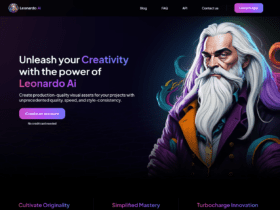

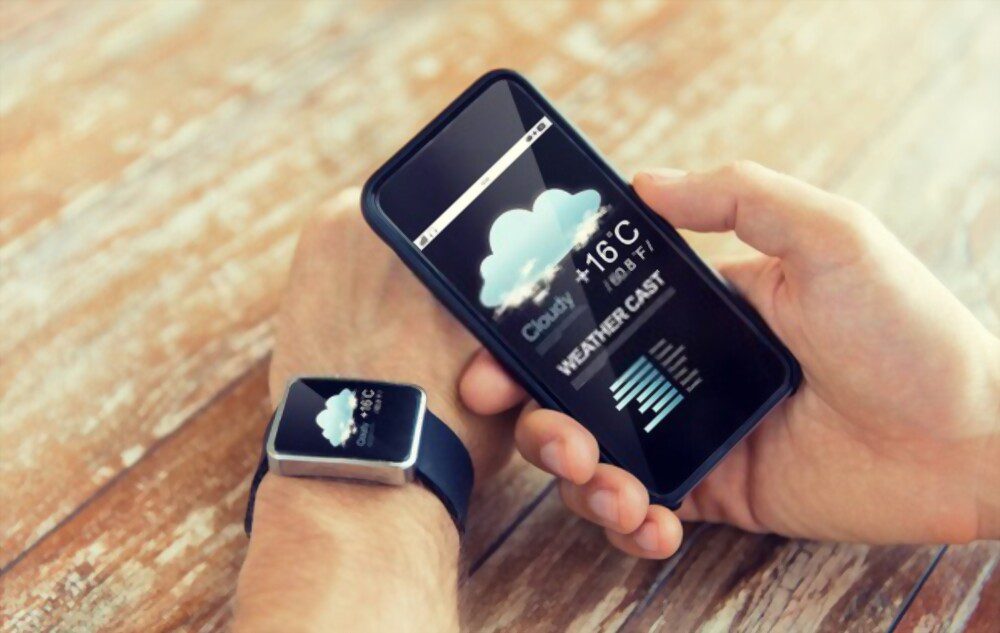
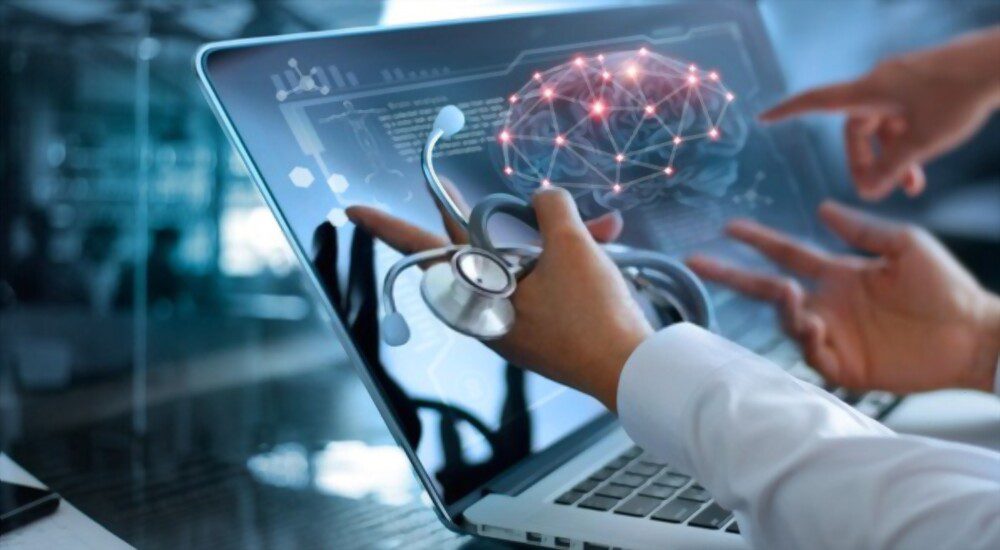
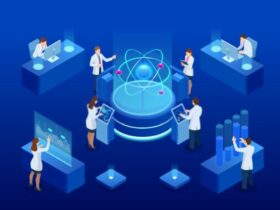




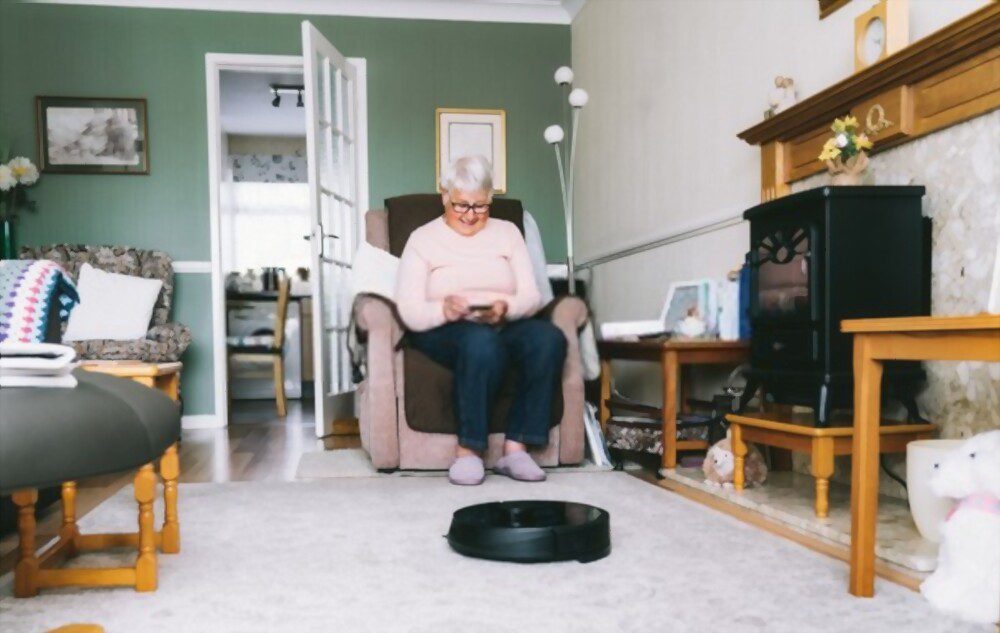
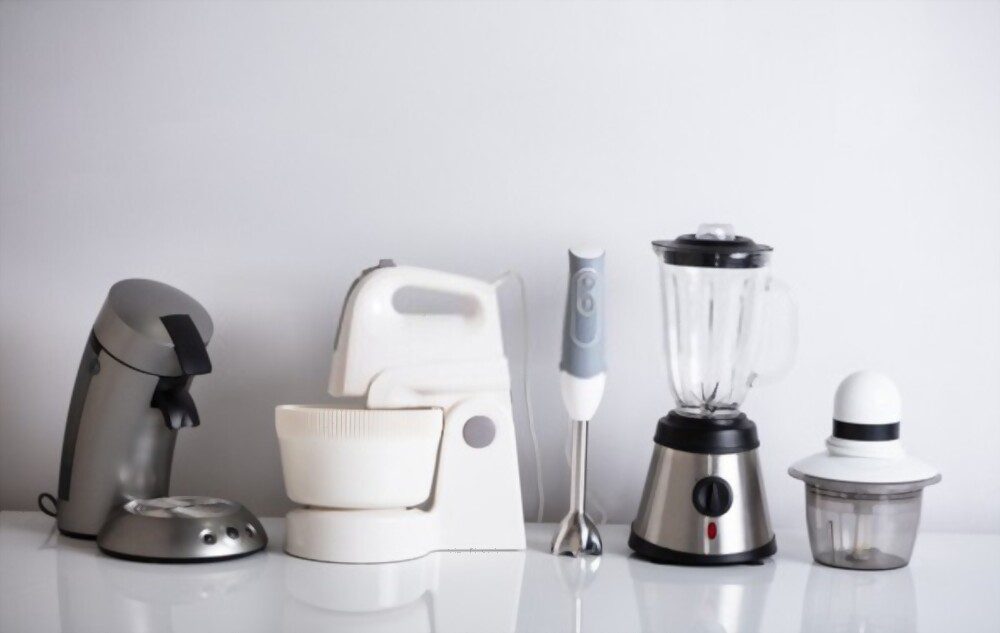


Leave a Reply
View Comments